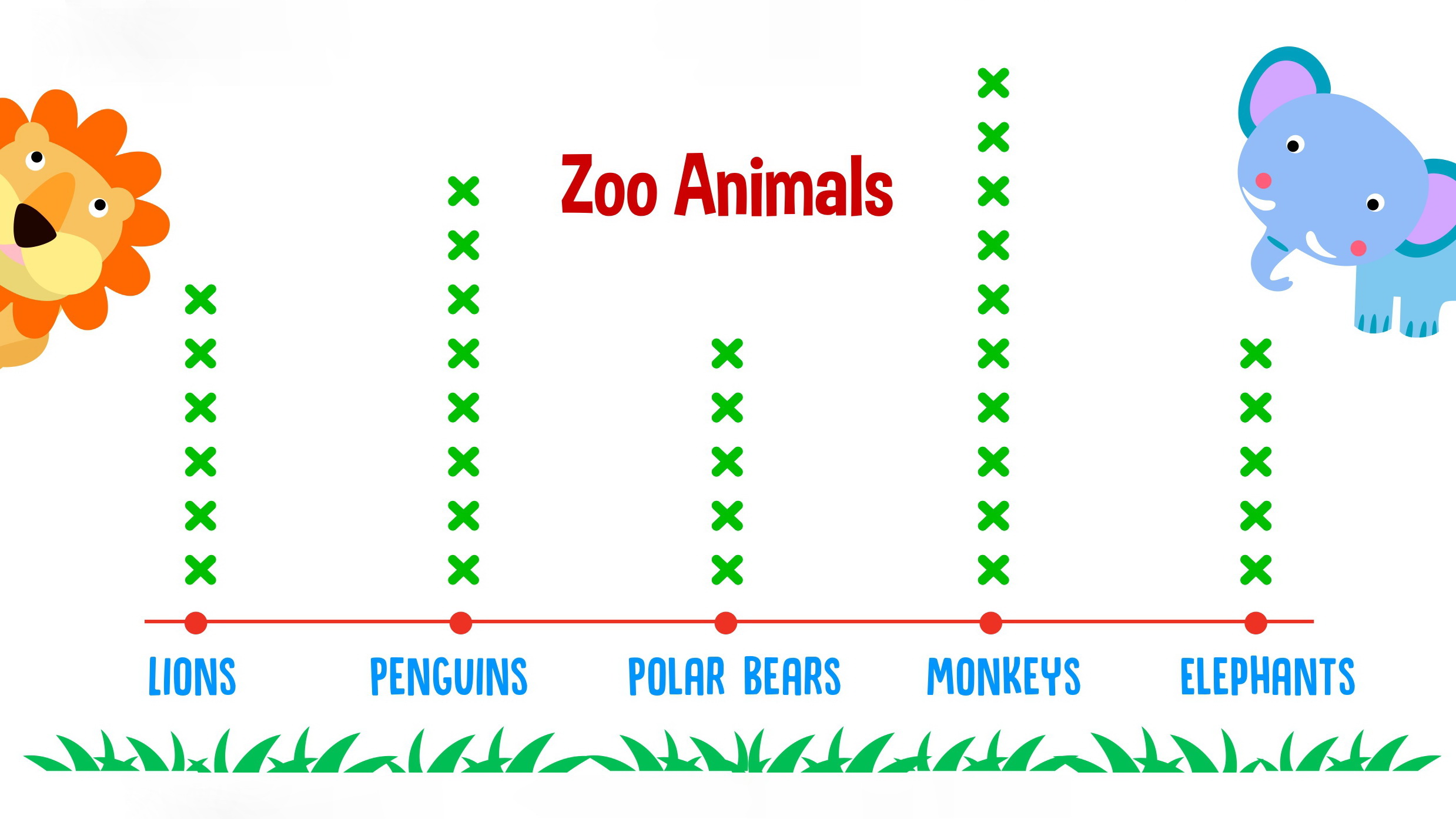Reading comprehension Easy Worksheets for Ages 3-9 - Page 5
Reading comprehension is crucial for children ages 3-9 because it forms the foundation for successful learning and literacy skills. During these formative years, children are not just learning to read; they are also developing critical thinking and language skills that will benefit them throughout their educational journey.
When parents and teachers focus on reading comprehension, they help children understand the meaning behind the words, enhancing their ability to engage with stories, follow instructions, and grasp complex concepts as they progress in school. This skill also promotes vocabulary development, allowing young learners to express themselves effectively and communicate with others.
Moreover, strong reading comprehension leads to increased self-confidence in academic settings. Children who can comprehend texts are more likely to participate actively in discussions, ask questions, and enjoy reading for pleasure. This fosters a lifelong love for literature and learning.
Incorporating interactive reading strategies—such as asking questions, making predictions, and summarizing stories—can make the process enjoyable and beneficial. Ultimately, when parents and teachers prioritize reading comprehension, they empower children to become thoughtful readers and lifelong learners, better prepared to tackle the challenges of future education and beyond.

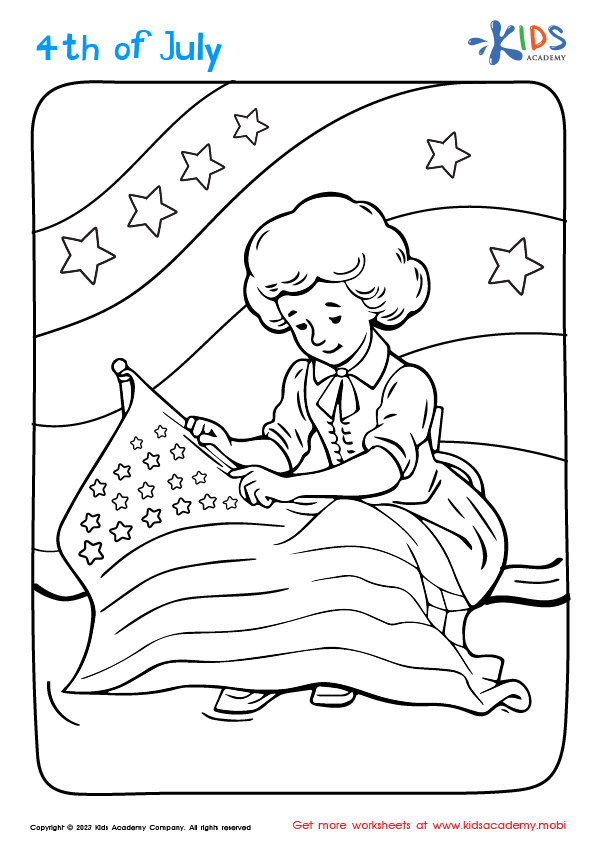
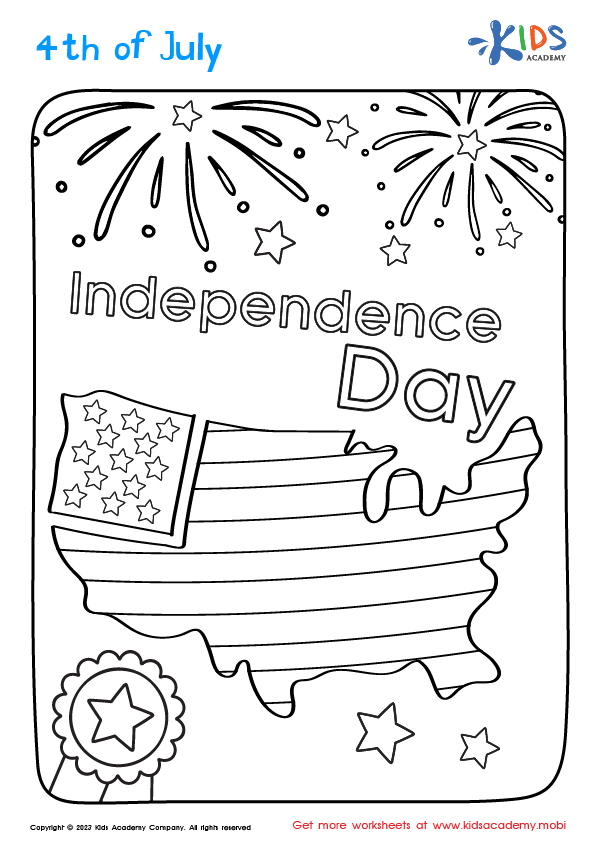
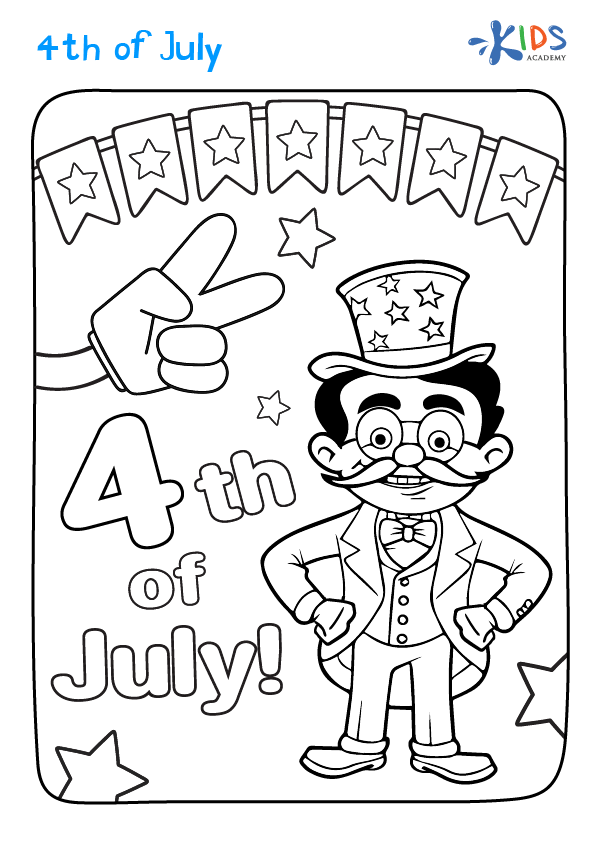
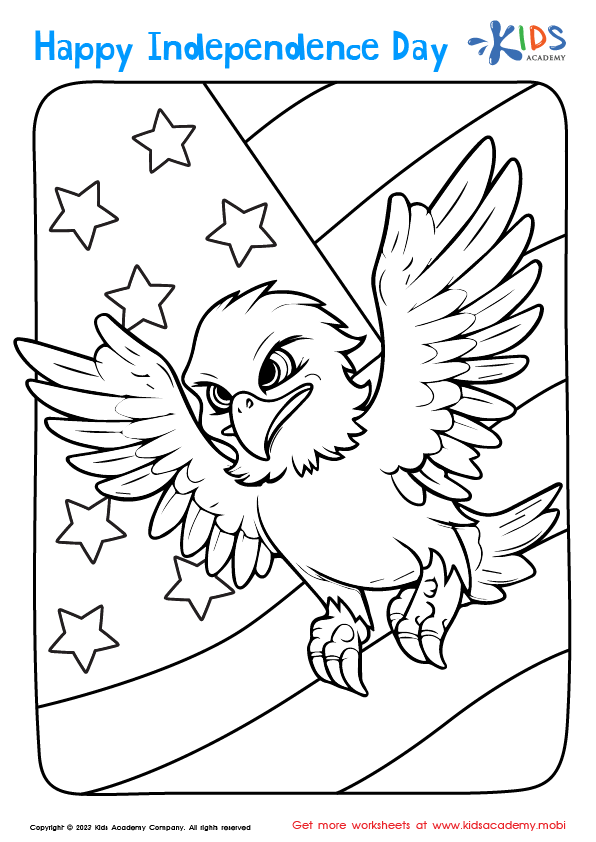




.jpg)

